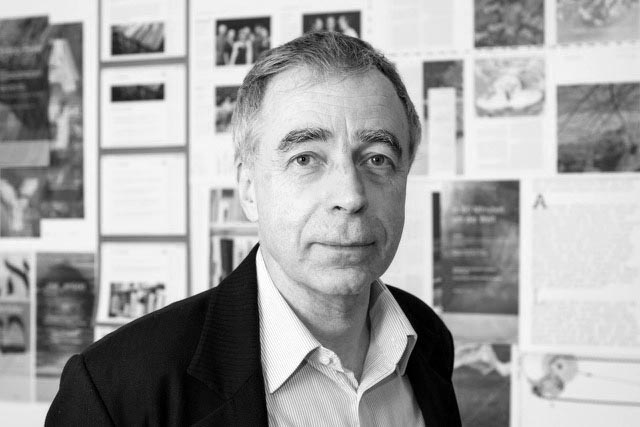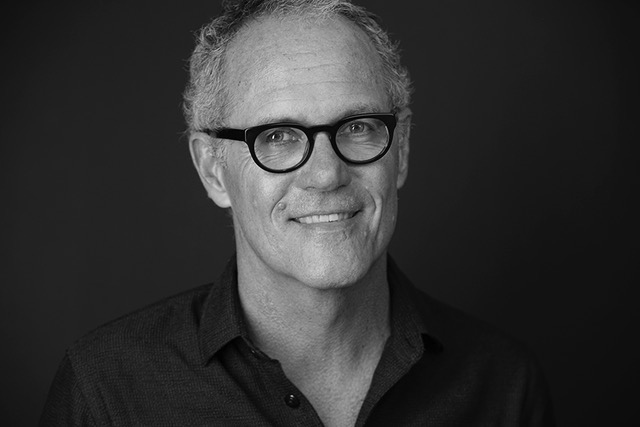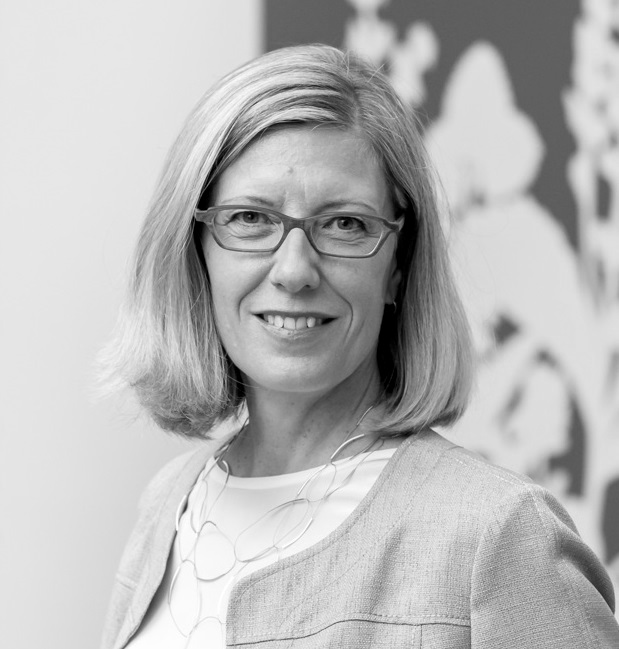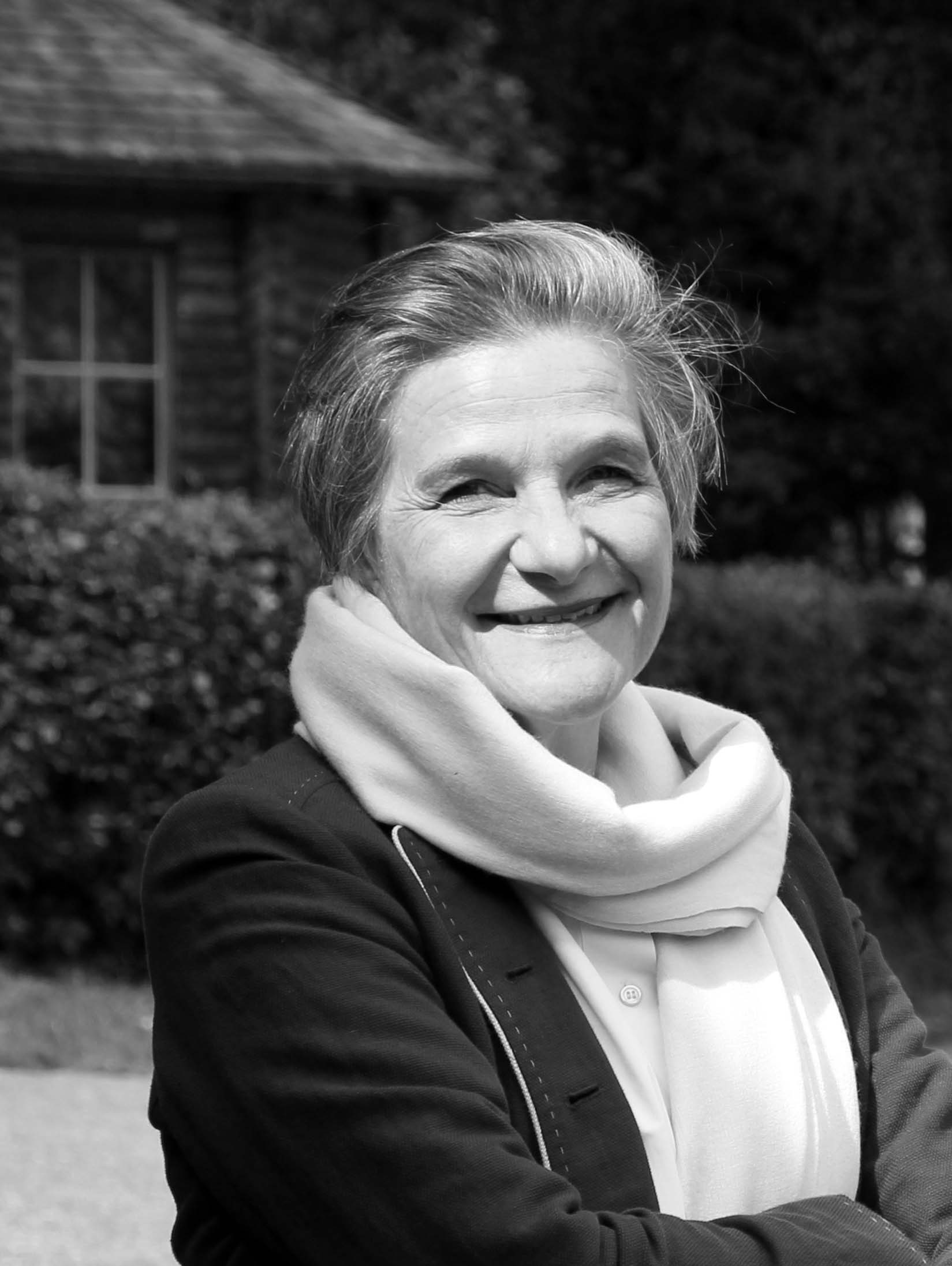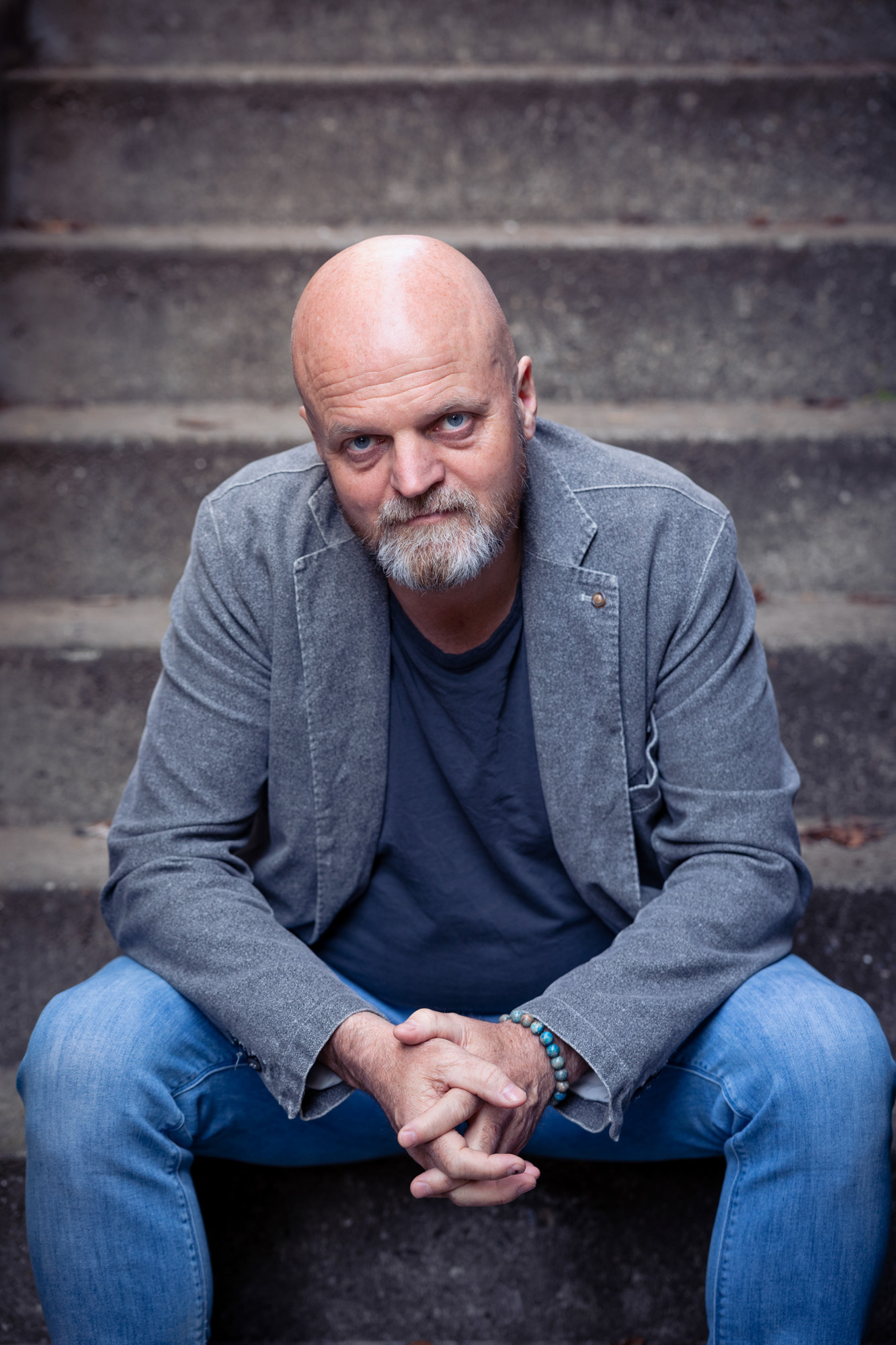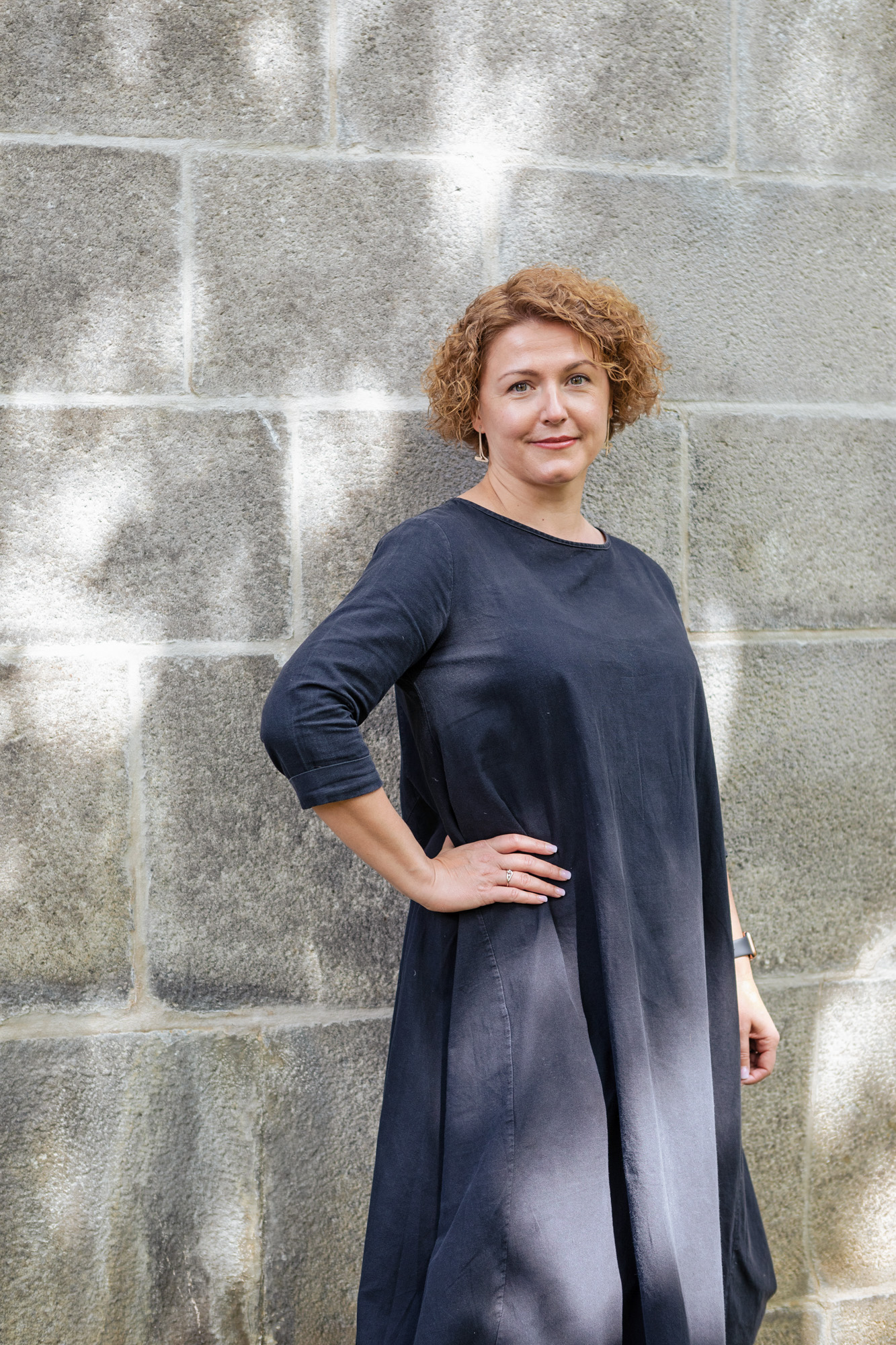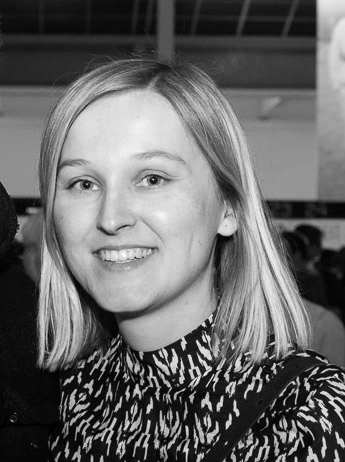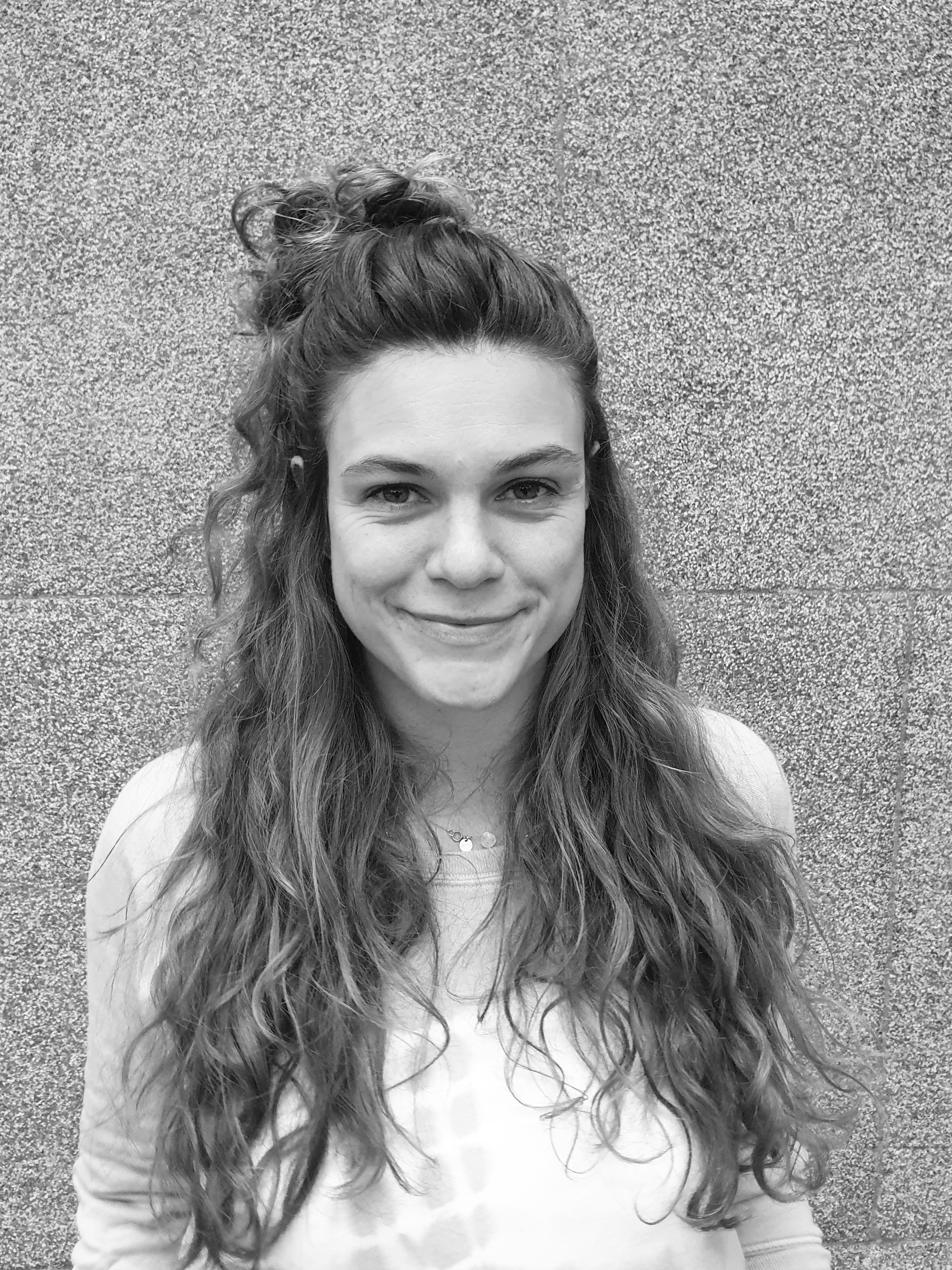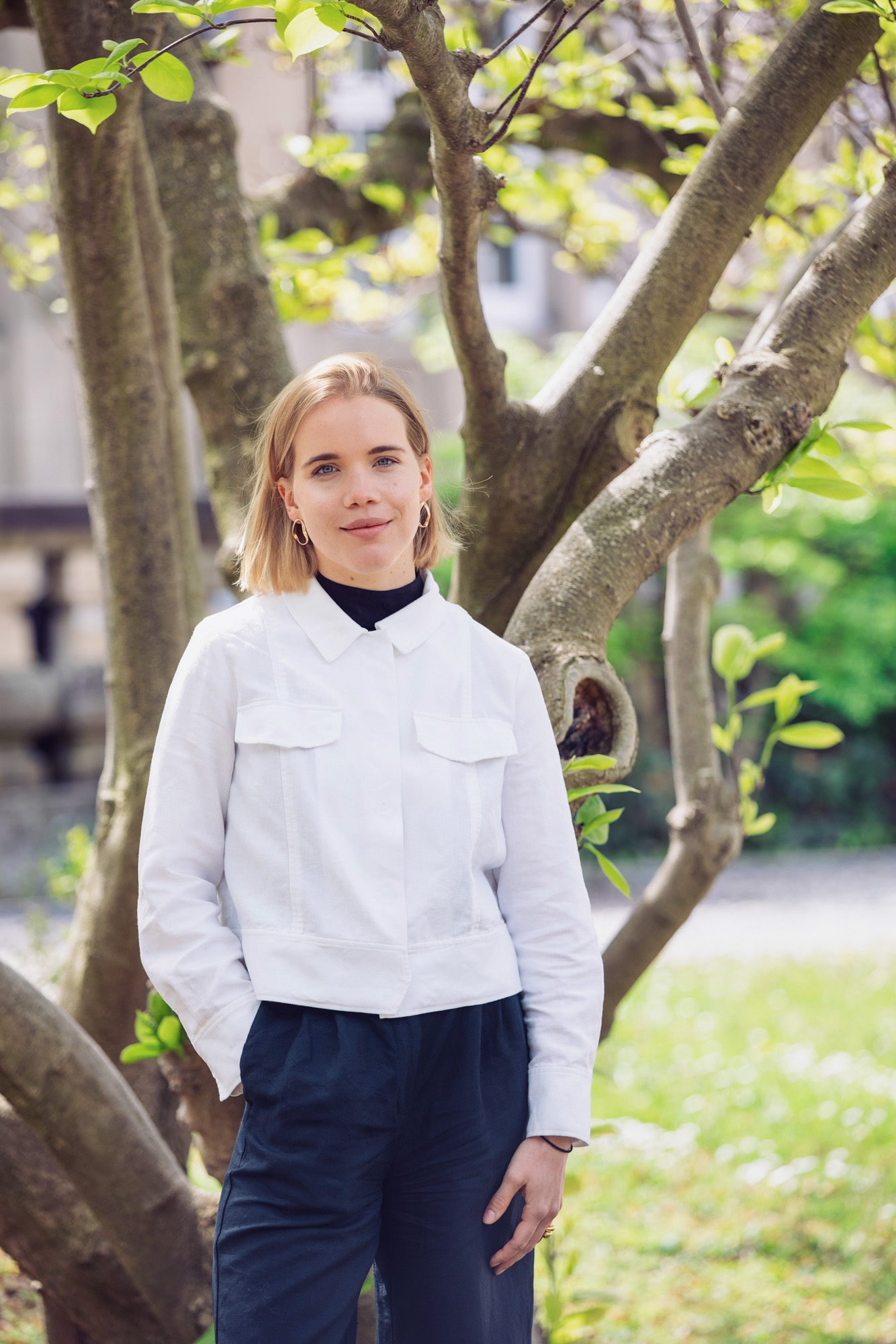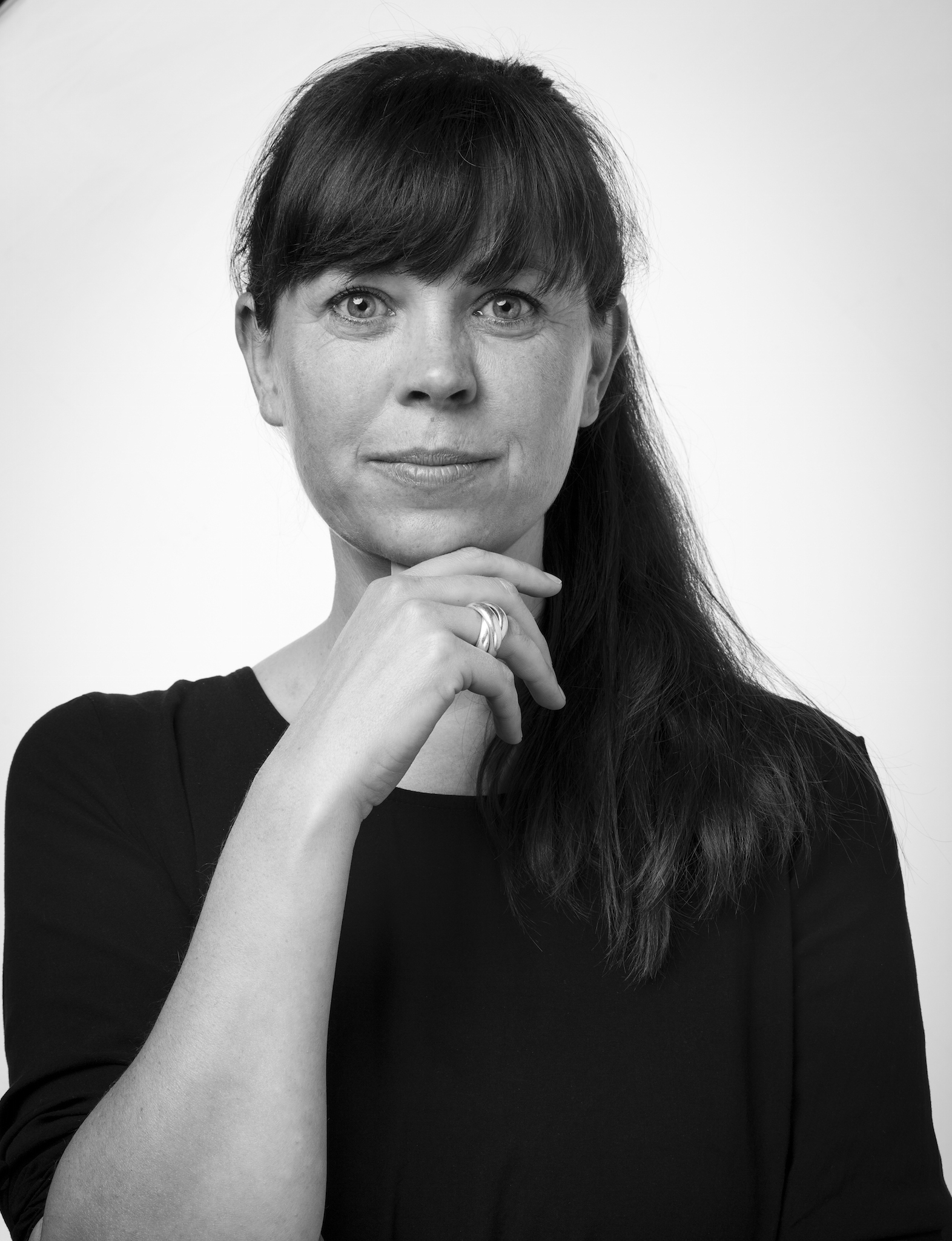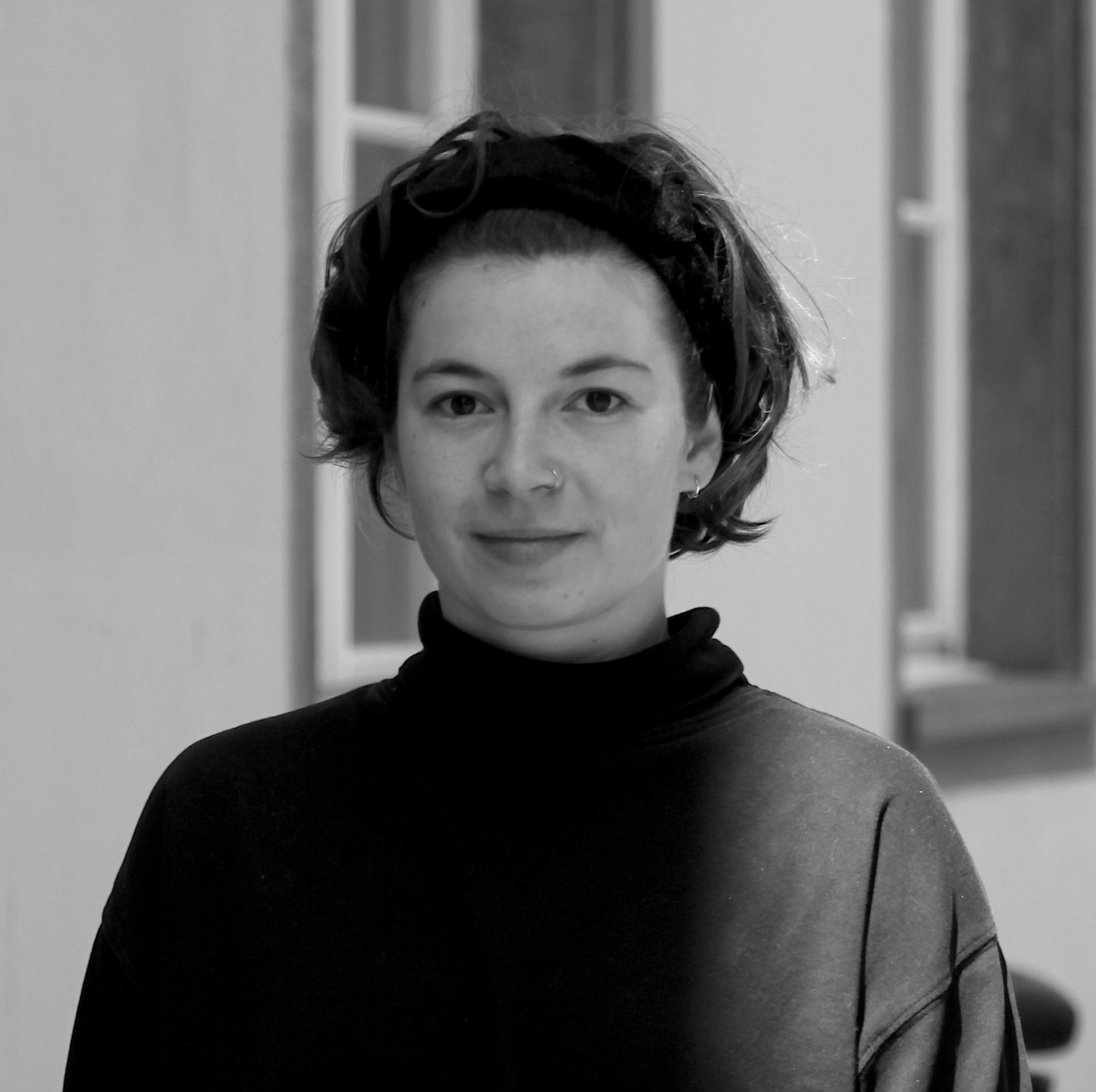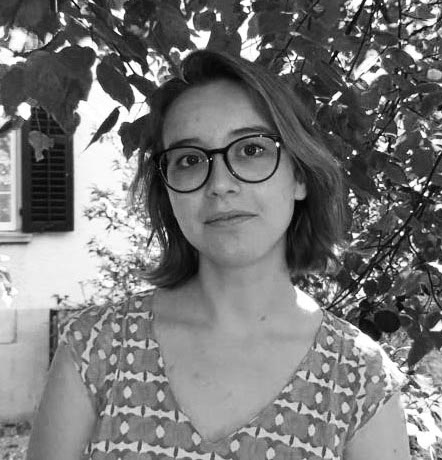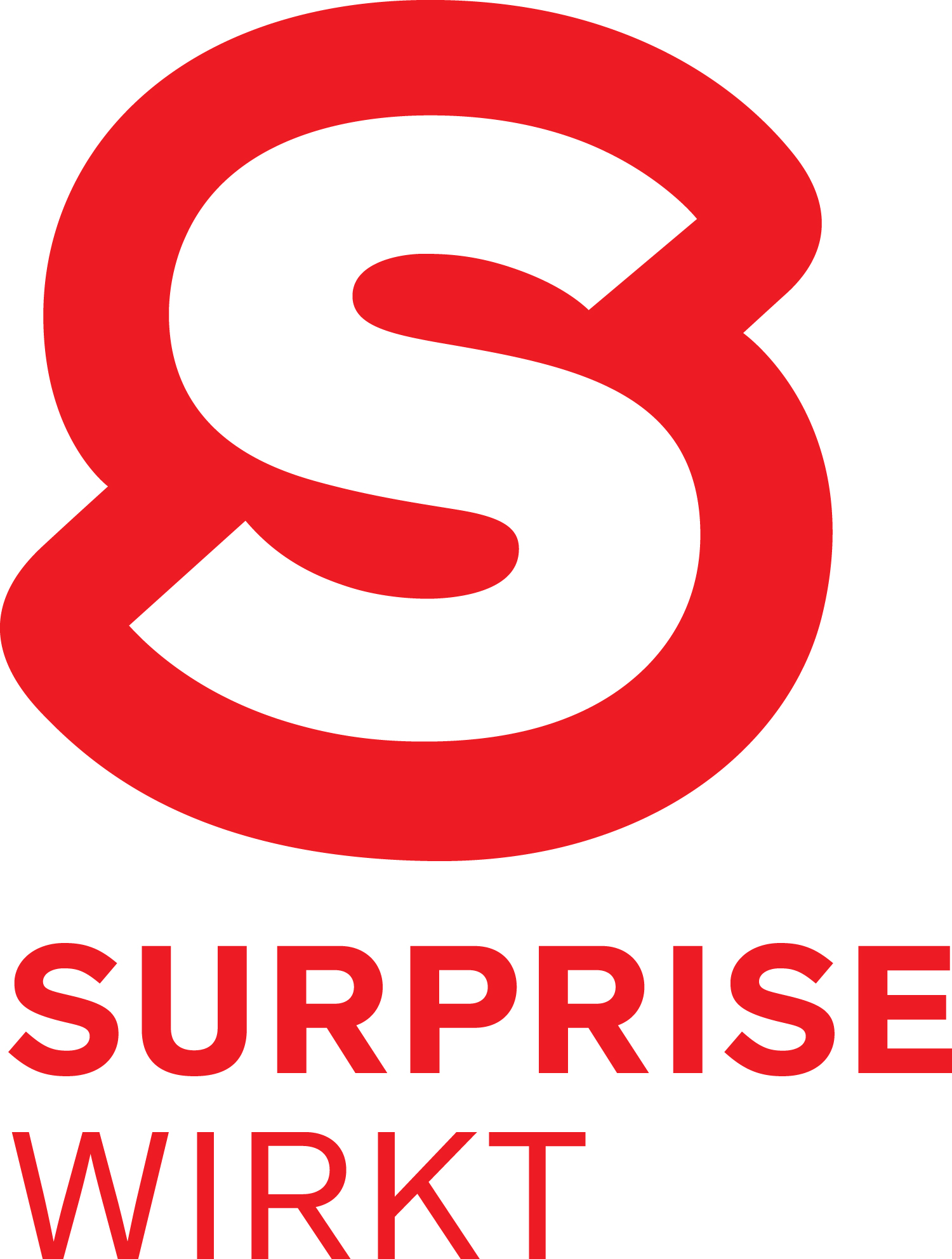CULTURESCAPES is a Swiss multidisciplinary festival of culture, committed to the promotion of cross-cultural dialogue, cooperation and networking. Based in Basel, it extends its influence far beyond one canton as it works with partners in Bern, Zurich, Lausanne, Chur, Bellinzona and other cities.
For 15 years CULTURESCAPES explores contemporary cultural landscapes of different countries, cities and regions, being a truly unique festival in Europe. Each year with a new culturescape, the festival already opened up for Swiss audience diverse experiences, ranging from Georgia (2003) and Ukraine (2004) to Israel (2011), Balkans (2013), Tokyo (2014), Iceland (2015), and Greece (2017).
CULTURESCAPES focus for the year 2019 is Poland.
To go beyond what is already known and seen we at CULTURESCAPES collect questions and contradictions, doubts and uncertainties, conflicts (that are many) and visions for the future. They are the spots where artistic practices get under the skin of society to reflect and to show the lines of tension and changes. They are our crucial ingredients to a truly unique festival, the ones which are not necessarily obvious but always present. The key lines for CULTURESCAPES Poland are Protests, Spirituality, and History.
Protests
The Poles believe that it is the protests and public actions that made them into the nation they are. Polish history of the last couple centuries are full with more or less successful rebellions and active political engagement. Polish art — from cinema to literature to theater and on — is full of stories about them. The new history of Poland stems from Solidarity protests in Gdansk and winds up into recent numerous, bright and creative protests for women rights, against violence and censorship. Artists are not just active participants there, they strongly bring it into the works they create.
History
One cannot walk the street of a Polish city or open a book without seeing distinct traces of history. The past — ones glorious, then divided, then forbidden, then aspired— is omnipresent in nowadays. Polish cultural life is rich in references to history, its collisions, high points, pains, losses and traps. In recent years Poland opened more history museums than any other European country. Reinventing and reimagining country’s history is a breathtaking and impressive journey.
Spirituality
Connecting the former two lines, the church played an important role in Polish liberation struggles. Its overall presence and influence on political and social life is overwhelming. Nowadays, however, a different line of ‘new spirituality’ can be observed: rejecting the mainstream religious pressure and its restrictive norms many artists are investigating the limits of the human condition, delving into the subtleties of the human soul, searching for a new connections to the eternal, aspiring for a possibilities of different, more free and fluid social fabric.
